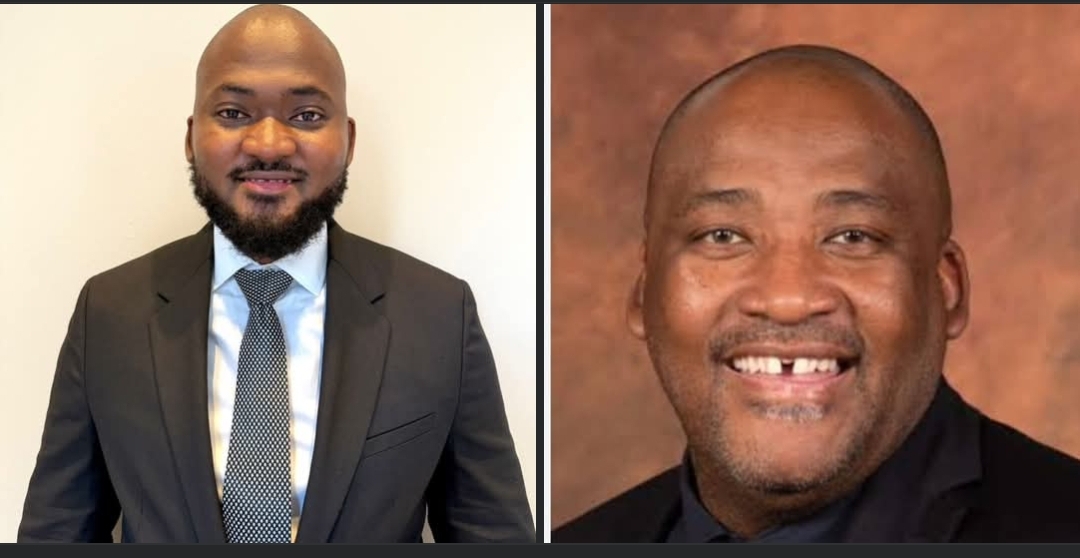In a major shake-up for South African football, three-time Premier Soccer League (PSL) champions SuperSport United have been sold to a Bloemfontein-based consortium led by Calvin Le John, son of Sports Minister Gayton McKenzie. The deal, reportedly worth R50 million, marks the end of the club’s 31-year PSL legacy and paves the way for its rebranding as Siwelele Football Club, pending league approval.
A New Chapter for a Storied Club
SuperSport United, owned by Multichoice’s sports broadcasting arm, has been a dominant force in South African football, winning three league titles, five Nedbank Cups, and multiple domestic trophies. However, the company has decided to divest from club ownership to focus on its core business as Africa’s leading sports content provider.
“This sale allows us to sharpen our focus on delivering world-class sports broadcasting,” said SuperSport International CEO Rendani Ramovha.
Bloemfontein’s Football Revival
The new owners, led by Calvin Le John, plan to relocate the team to Bloemfontein, reviving the passionate fan culture once associated with the now-defunct Bloemfontein Celtic. However, due to legal disputes over the Celtic name, the club will operate as Siwelele FC—a nod to Celtic’s famous fan chant.
“We are honored to build on SuperSport’s legacy while rekindling the spirit of Free State football,” said Le John. “Our goal is to bring pride back to Mangaung.”
Controversy Over Minister’s Links
The sale has sparked debate, given Calvin Le John’s connection to Sports Minister Gayton McKenzie. Critics question whether the minister’s position could create conflicts of interest, though no formal objections have been raised.
Meanwhile, fans are divided—some welcome a new team to fill the void left by Celtic’s demise, while others fear dilution of support in a city already home to Royal AM.
What’s Next?
Pending PSL approval, Siwelele FC will unveil new branding, including kits and a stadium base. The club’s first season under its new identity could redefine football in the Free State—but whether fans will embrace the change remains to be seen.
